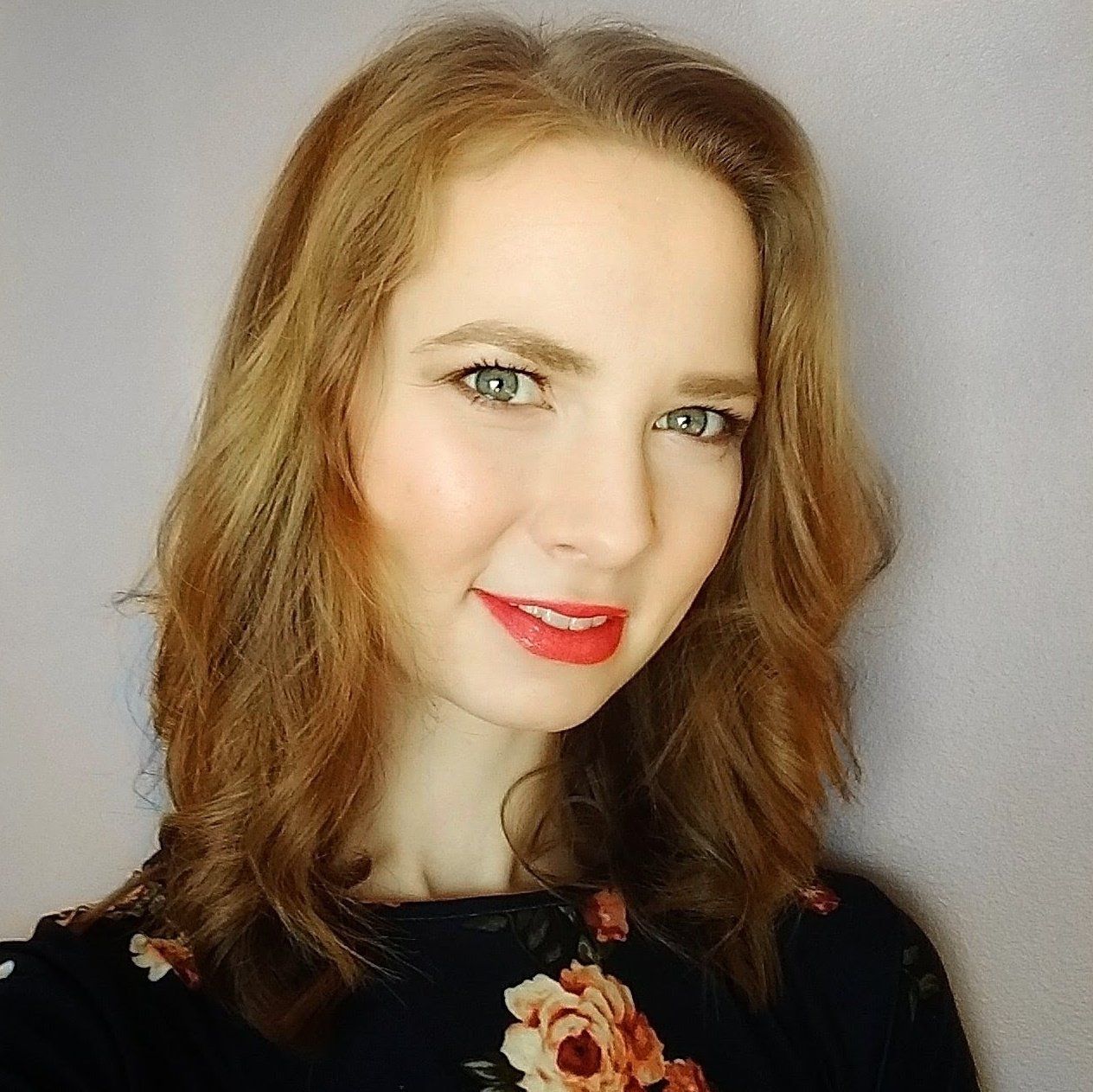Lightweight equipment is not much larger than what a bicyclist would wear.
- By Megan Thielking, STAT on March 22, 2018
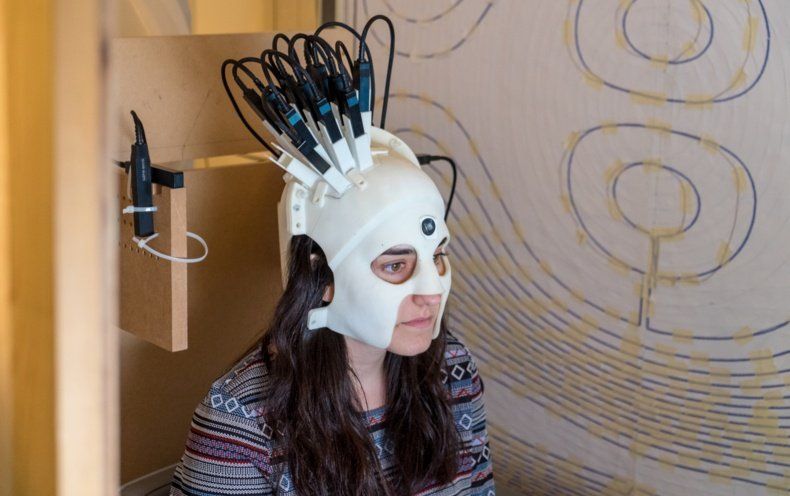
Lightweight equipment is not much larger than what a bicyclist would wear.
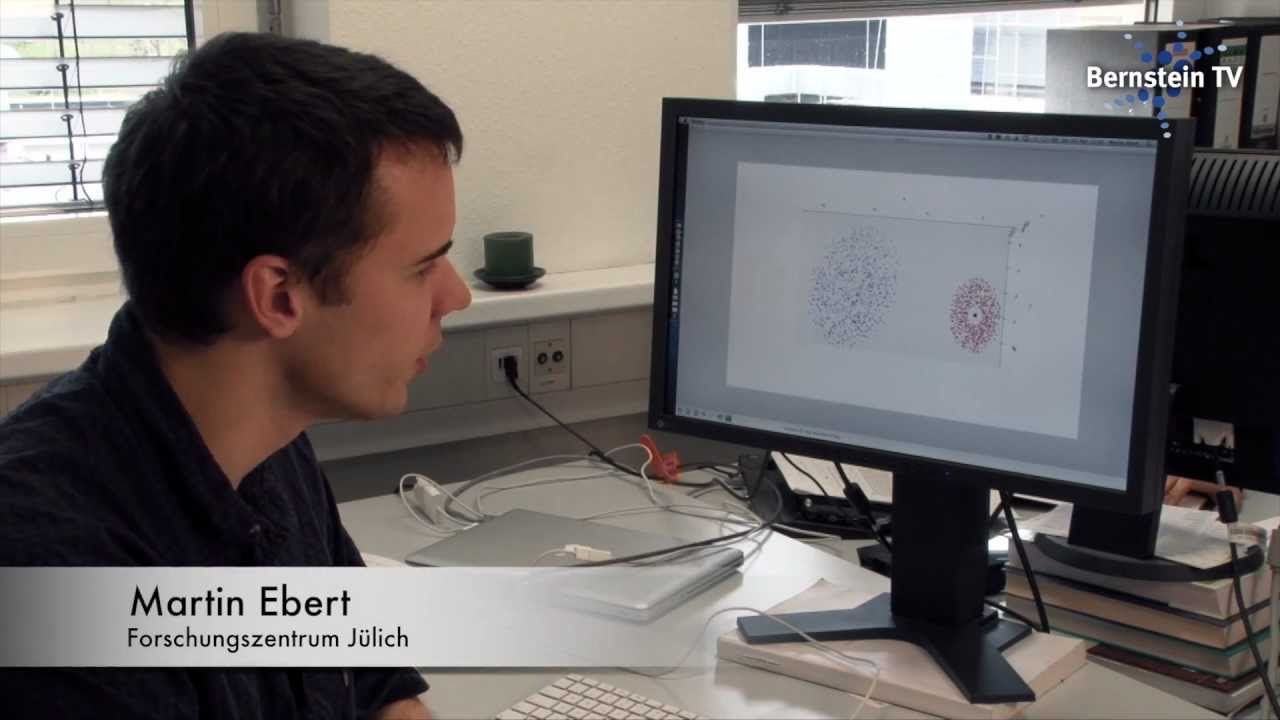
Amazing.
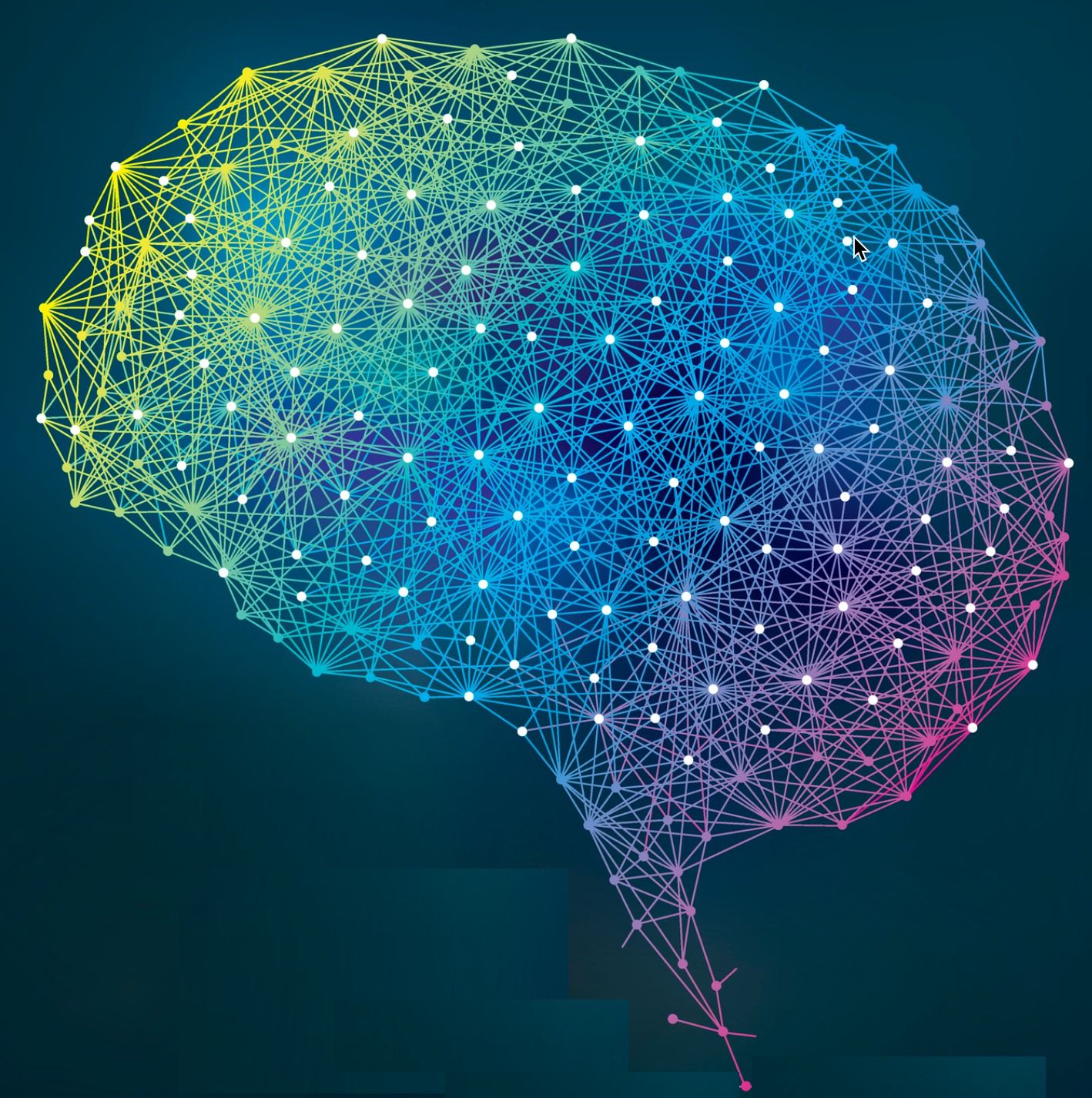
An international team of scientists has developed an algorithm that represents a major step toward simulating neural connections in the entire human brain.
The new algorithm, described in an open-access paper published in Frontiers in Neuroinformatics, is intended to allow simulation of the human brain’s 100 billion interconnected neurons on supercomputers. The work involves researchers at the Jülich Research Centre, Norwegian University of Life Sciences, Aachen University, RIKEN, KTH Royal Institute of Technology, and KTH Royal Institute of Technology.
An open-source neural simulation tool. The algorithm was developed using NEST (“neural simulation tool”) — open-source simulation software in widespread use by the neuroscientific community and a core simulator of the European Human Brain Project. With NEST, the behavior of each neuron in the network is represented by a small number of mathematical equations, the researchers explain in an announcement.
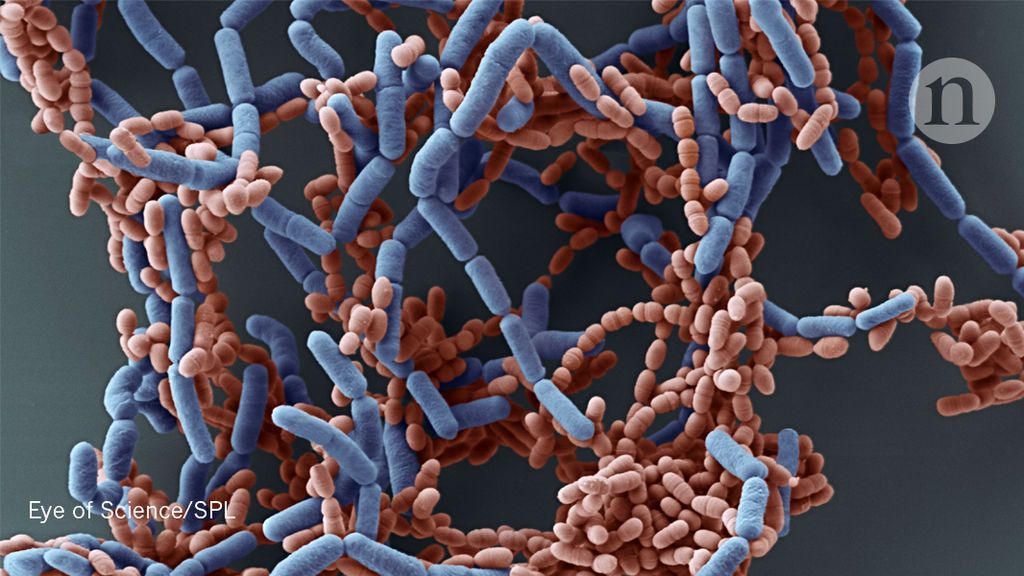

A drug to slow the spread of dementia could be available in three years and a ‘vaccine’ that prevents the disease within a decade, experts say.
By Colin Fernandez for the Daily Mail
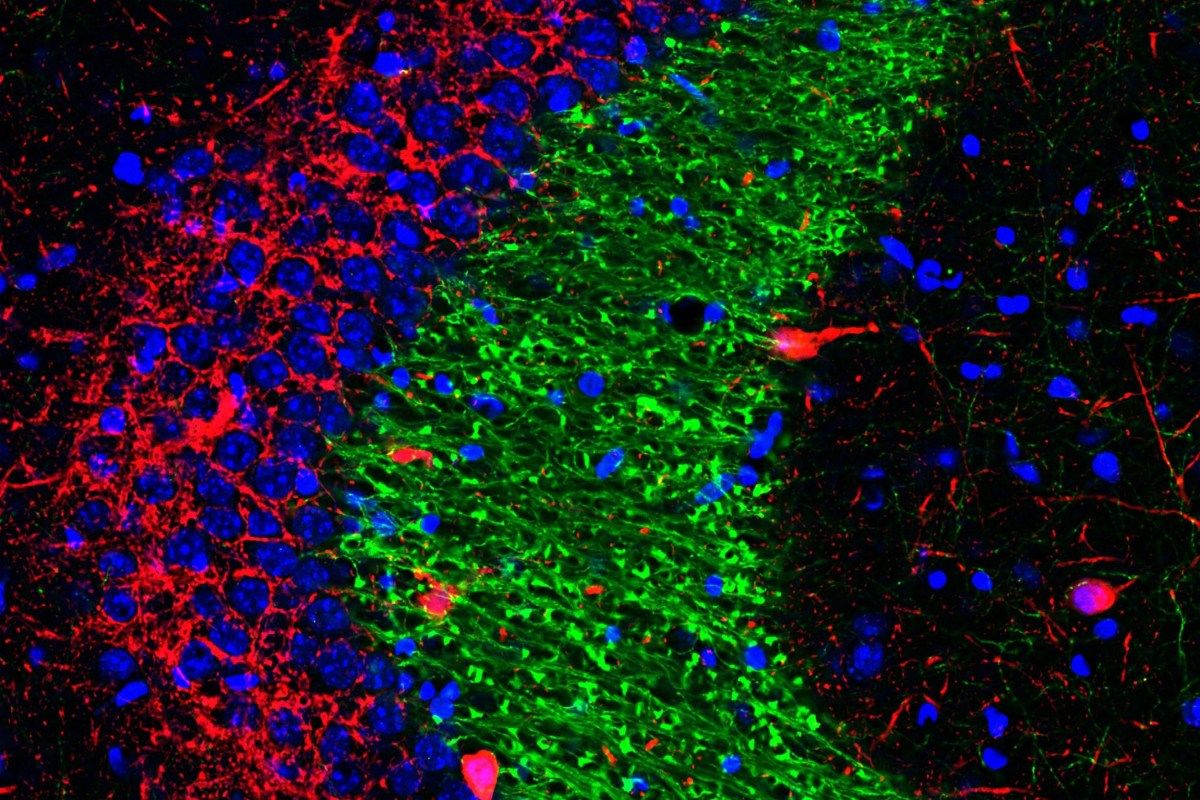
A neural circuit mechanism involved in preserving the specificity of memories has been identified by investigators from the Massachusetts General Hospital (MGH) Center for Regenerative Medicine and the Harvard Stem Cell Institute (HSCI).
They also identified a genetic “switch” that can slow down #memory generalization — the loss of specific details over time that occurs in both age-related memory impairment and in post-traumatic stress disorder (#PTSD), in which emotions originally produced by traumatic experiences are elicited in response to innocuous cues that have little resemblance to the traumatic memory.
“The circuit mechanism we identified in mice allows us to preserve the precision or the details of memories over the passage of time in adult as well as aged animals,” says Amar Sahay of the MGH Center for #Regenerative Medicine and HSCI, corresponding author of a paper appearing in Nature Medicine. “These findings have implications for the generalization of traumatic memories in PTSD and for memory imprecision in #aging.”

D rugs to vaccinate everyone over the age of 50 against Alzheimer’s could be available within 10 years, but would cost the NHS £9 billion, a new report has shown.
New analysis commissioned by Alzheimer’s Research UK found that drugs to halt, slow or reverse the disease could be available in as little as three years with major vaccine and screening programmes possible within a decade.
But dementia experts warned that demand from patients would be ‘instant and huge’ and called on the NHS to act now to make sure funds were in place for when the breakthroughs occurred.

I would like to share a story. A story about sadness, depression, anger, and frustration. But most of all this is my personal story about triumphing over the death sentence of #cancer. I hope this story will give others who went through and are going through hope for the future.
My story started about 4 years ago on a cold winter day. Up until this point my life seemed invincible. That all changed. At the time I was working at the plasma center and we were preparing for an audit by the FDA. Before an audit we would have the floors waxed and make the center look as nice as possible. A few co-workers and I stayed late to help move the donor beds. I knew I had been feeling pain in my neck/shoulder area for a few weeks so I really didn’t want to. I figured it must have been from repetitive motions at work. I decided to just ignore it and help anyways: this decision changed my life dramatically.
As my coworker and I lifted a donor bed I felt a sharp pain in my neck. I could barely move my arm as it was so excruciating. I couldn’t lift my arm to my chest. I shyly let my manager know that I hurt myself. My manager had me go to Concentra #Health since I was going to be covered under worker’s compensation there. It was there I met Dr. Kreiger, one of the doctors who helped save my life.
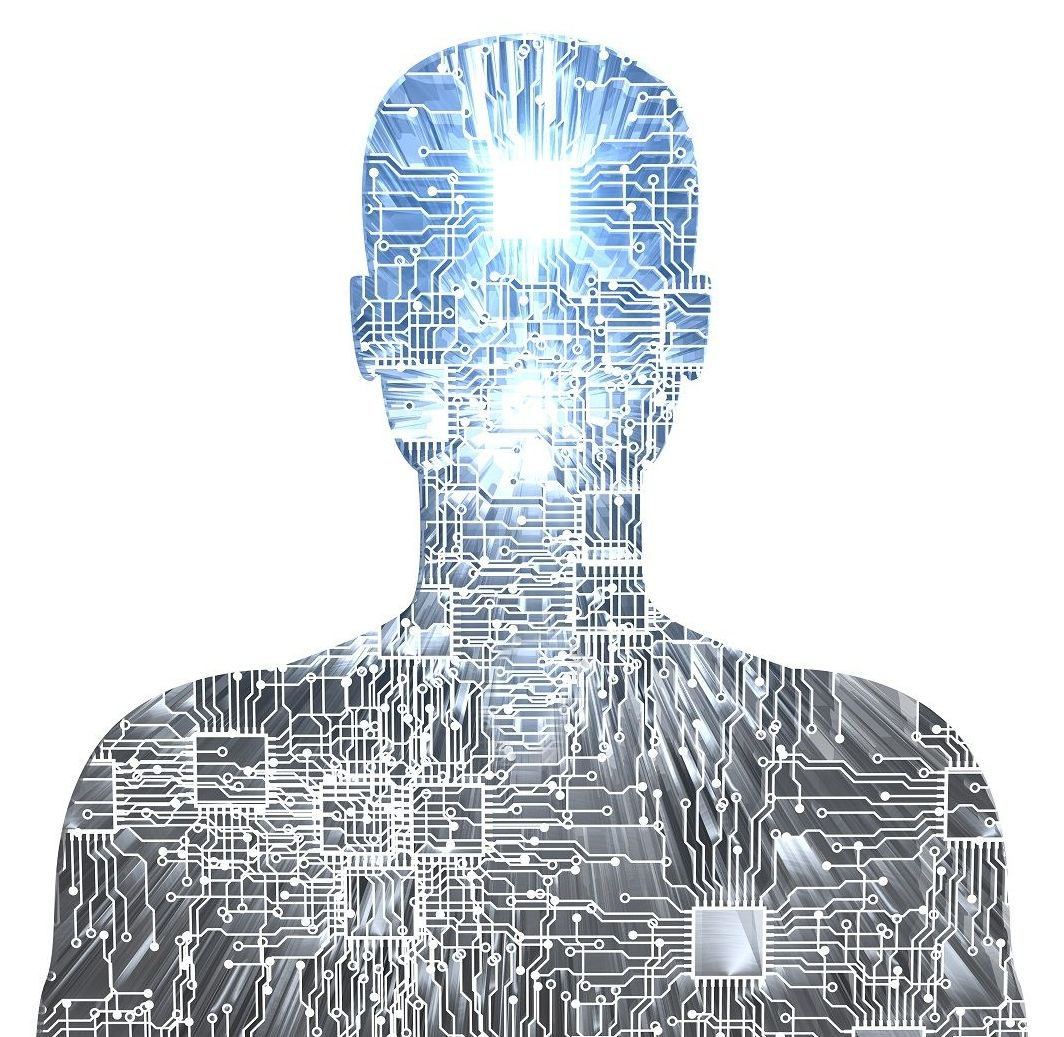
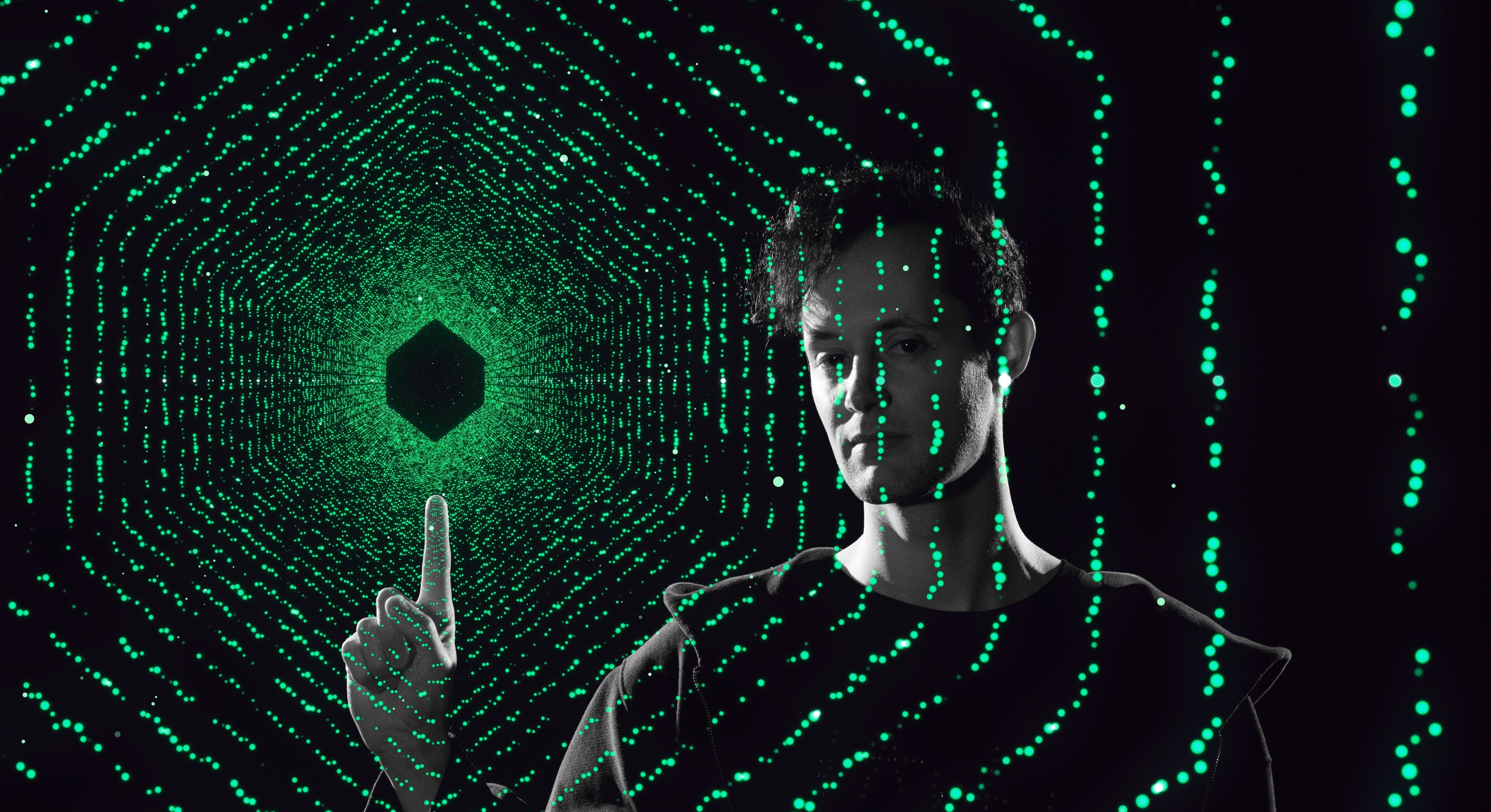
You may have heard of Numerai — the unorthodox hedge fund that crowdsources predictive stock market models from data scientists around the world. It is now seeking more brain power and announced today that it is giving away $1 million worth of cryptocurrency to Kaggle users who sign up. The San Francisco-based hedge fund incentivizes its community members by giving them digital tokens they can stake during tournaments to express confidence in their predictions. The best trading algorithms are then selected based on how they perform on the live market, and their creators are rewarded with more tokens.
Looking at most Wall Street hedge funds’ models, it’s fair to say open, collaborative efforts aren’t at their core. Movies like Wall Street, which portrays a greedy Gordon Gekko, and The Wolf of Wall Street, which highlights the derailing decadence of power and money, paint a rather unflattering picture of egocentric traders and financiers. Numerai founder and CEO Richard Craib is looking to change that.
The 30-year-old South African wants to create a more open and decentralized ecosystem for hedge funds. Rather than restricting access to trading data, Craib encrypts it before sharing it with his global network of data scientists, which effectively prevents them stealing and replicating the trades on their own. They can, however, use the shared information to build predictive models for the hedge fund.
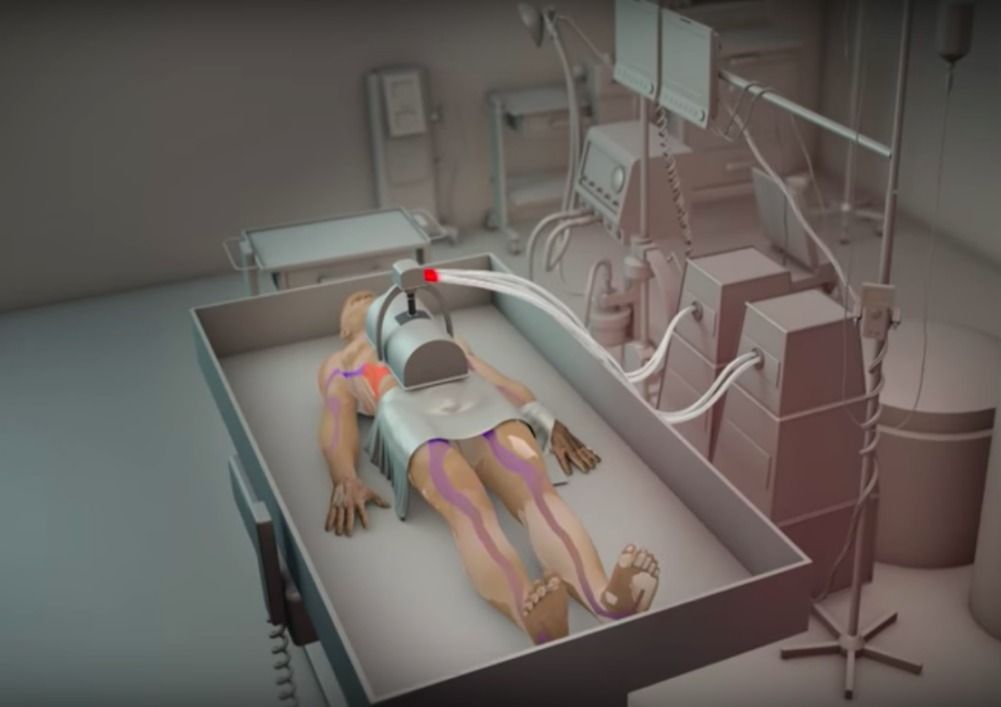
Even if a client isn’t fearful of death and doesn’t buy into the preposterous idea that his consciousness can be revived (scientists aren’t even close to figuring out how memories could possibly be preserved), having his brain preserved and uploaded as a “program” based on the idea that it is worth enough to have future generations maintain it, even interact with it, is the height of arrogance. It’s a self-centered ethos that seeks attention and admiration even after death. Transhumanism involves faith in science, sure, but that’s merely the means to the end.
Transhumanism is a religion of self, embedded with the doctrine of sola feels, all bundled into one medical procedure that literally ends your life.
